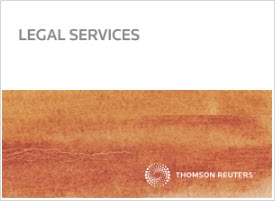Legal aid and non-consorting orders
On 21 November 2024, s 35 of the Gangs Act 2024 inserted a new para (cc) in the definition of “specified application” in s 4(1) of the Legal Services Act 2011. This has expanded the types of “specified application” to include applications for legal aid “by a person who is a respondent to an application under subpart 2 of Part 3 of the Gangs Act 2024, or who is subject to an order under that Act, in respect of an application under that Act”. That subpart of the Gangs Act relates to “non-consorting orders”, the purpose of which is to “prevent specified gang offenders from associating or communicating with each other for 3 years” (Gangs Act, s 3(c)).
According to the Gangs Legislation Amendment Bill 2024 (23-1) (explanatory note) at 6:
“The effect of the amendment is to ensure that a person who is the respondent to an application for a non-consorting order or subject to a non-consorting order can access legal aid in relation to the application or proceedings.”
The general effect of classifying certain legal aid applications as “specified applications” is set out in Legal Services at [LA4.37.01]; and what this means for legal aid applications relating to non-consorting orders in particular is discussed at [LA4.37.03].
